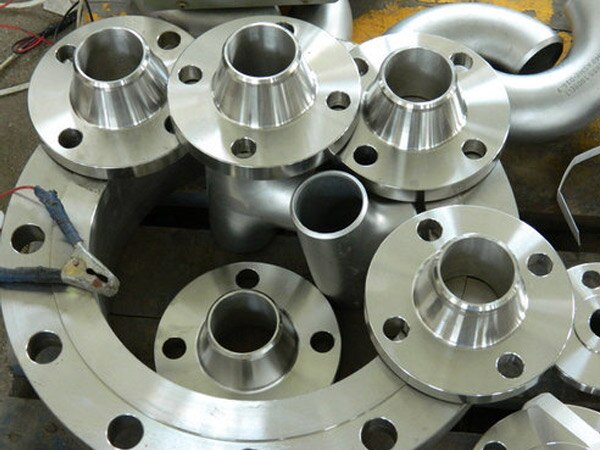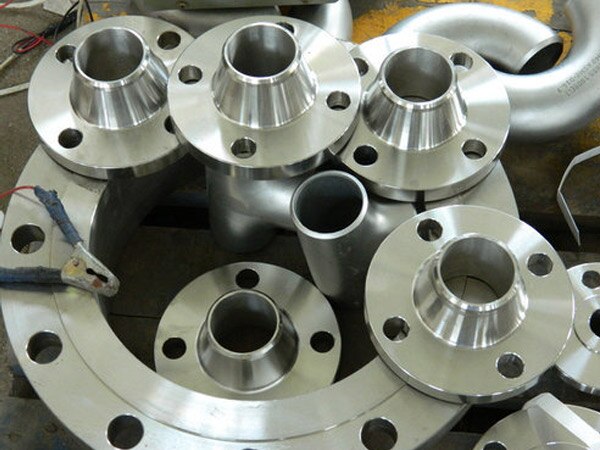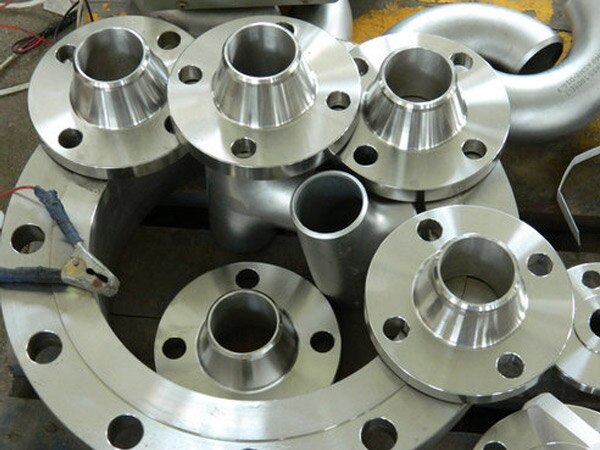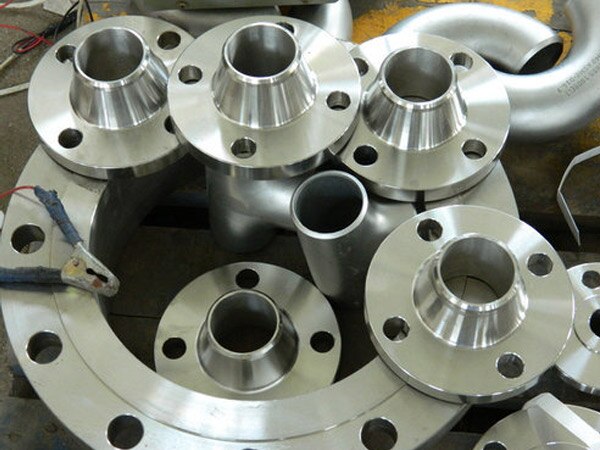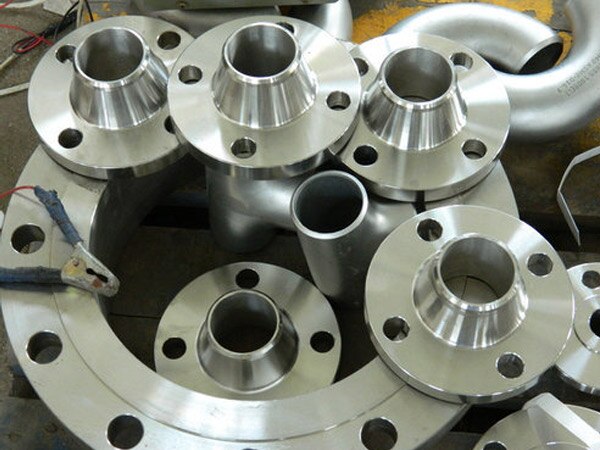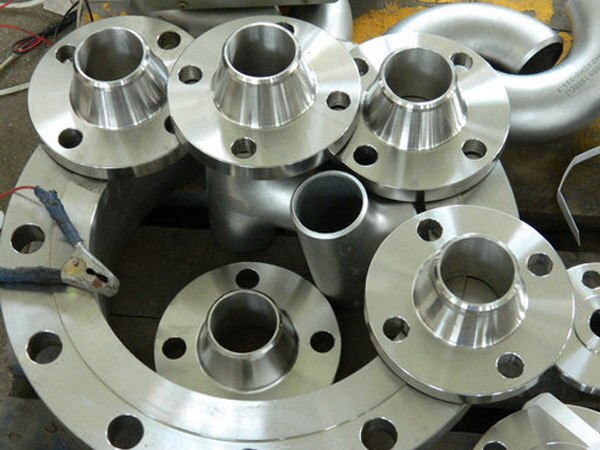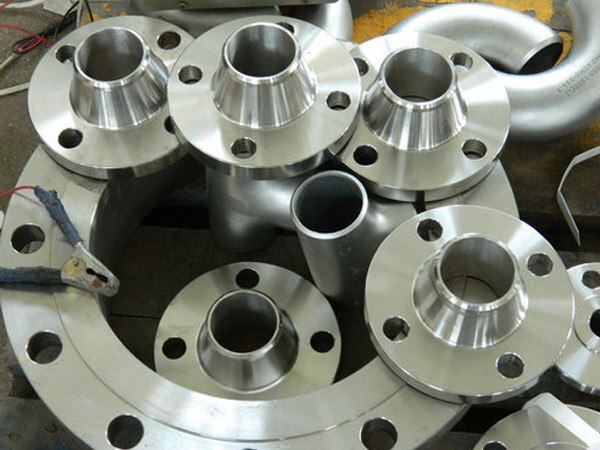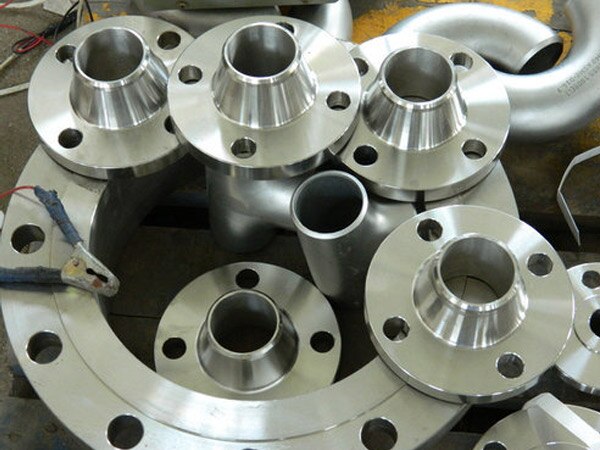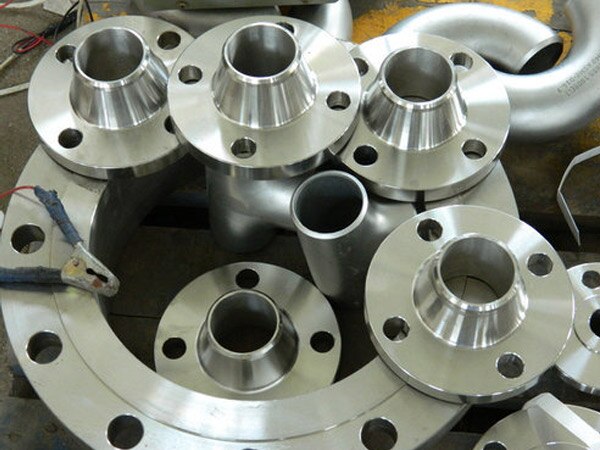LADHANI METAL CORPORATION Stainless 321 is a heat resistant, titanium stabilized, austenitic alloy that's commonly used for service in the 1000°-1600°F temperature range. 321 stainless is primarily used in applications that involve continuous and intermittent service temperatures within the carbide precipitation range of 800°-1500°F. Type 321 is similar to type 304 stainless but with a titanium addition of at least five times the carbon content. This titanium addition reduces or prevents carbide precipitation during welding and in the 800°-1500°F service conditions. In order to provide optimum resistance to intergranular corrosion and to polythionic acid stress corrosion cracking in service temperatures at 1500°-1650°F an air cool may be used. We are one of the leading Manufacturer, Exporter and Supplier of SS321 Blind Flange. These SS321 Blind flanges are manufactured using optimum quality material and thereby ensure excellent durability and corrosion resistance. The SS321 Blind Flanges are used in an assortment of industrial purposes and are mainly used to connect pipes. These SS321 Blind Flanges widely used in various application industry like power generation, oil and gas transportation, petrochemical plants, refineries, waste water treatment plants etc. We make these SS321 Blind flanges available in various sizes, shapes and dimensions. Features: Precision design High tensile strength and heat resistance Industry approved dimension. SS321 Blind Flanges offered can be made available by us i different finish sizes of 1/2' 'to 80' ' as well as in different stainless steel material grades like 304, 304L, 316, 316L and others. Further, these flanges can be provided with different pressure handling capabilities like Class150, 300, 600, 900 and others. Some of its features include available as per DIN, BS, JIS and other industry standards; can be provided with different finish choices like transparent oil, hot galvanizing, rust-proof oil; option of butt weld & socket weld & thread connection support; suitable for use in industry sectors like construction industry, chemical industry, petroleum industry,
Send Message
